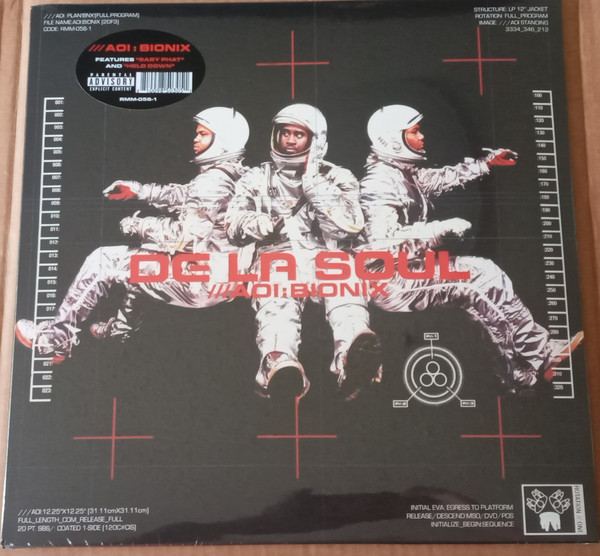By continuing your navigation on this website, you accept the use of cookies for statistical purposes.
Guts
Estrellas





A1
Guts - El Retorno
A2
Guts - Ultima Llamada
A3
Guts - San Lazaro
B1
Guts - Yebo Edi Pachanga
B2
Guts - Dejame En Paz
B3
Guts - Oda
C1
Guts - Adduna Jarul Naawo
C2
Guts - Medewui
C3
Guts - Dakar De Noche
D1
Guts - Nunca Pierdo
D2
Guts - Por Que Ou Ka Fe Sa
E1
Guts - Sin Pantallas
E2
Guts - Barrio
E3
Guts - Dansons Cadences
F1
Guts - Il N'est Jamais Trop Tard
F2
Guts - Estrellas






